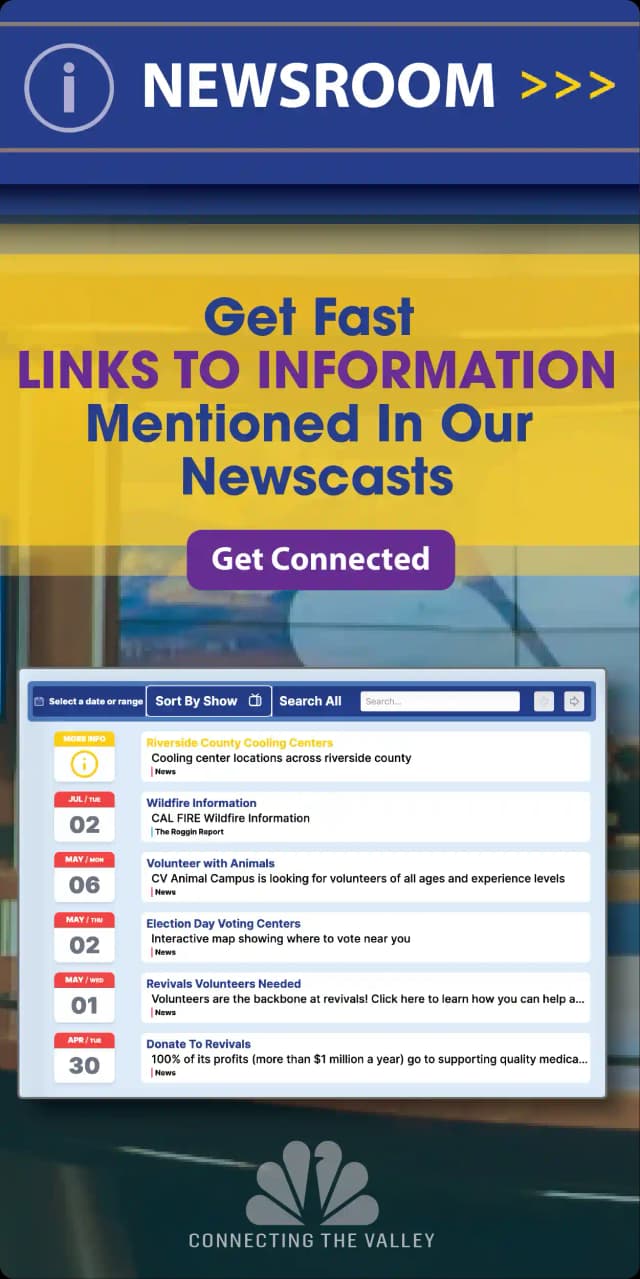Local & Community
California Requires Reporting Sexual Orientation and Gender Identity in COVID Data

Doctor Mark Ghaly, the California Health and Human Services secretary announced that laboratories and health providers must now include sexual orientation and gender identity in COVID-19 testing reporting data.
In addition to the collection of this new data, this also calls for the improvement on race and ethnicity reporting.
Ghaly says this data will help better serve California’s diverse communities. “To effectively see how our interventions are working and what more we need to do in California to not just address COVID-19 situations but also to close disparities.”
Ghaly says this emergency regulation also calls for better reporting on race and ethnicity. That is already a requirement but right now 36 percent of the COVID results are missing that data, “We need that to improve so that we have a better sense of where transmission is happening, which communities are impacted and what that magnitude of that impact will be.”
Equality California, a non profit, LGBTQ civil rights organization has been advocating for this data to be collected. They praised the state’s leadership in this decision.
Palm Springs Mayor Geoff Kors, who used to run the non profit says this is an important step in addressing the needs of the LGBTQ community, “It’s like trying to address COVID through a community with your hands tied behind your back you don’t have the information to do the work that’s necessary.”
It’s estimated that 40 percent of Palm Springs residents identify as LGBTQ.
Kors says other issues disproportionately affect this community that make it more vulnerable to the virus, “We know that LGBT people, especially LGBT youth are are a way larger percentage of our homeless population that that is a big issue and another concern when it comes to COVID, we know they’re more likely to be smokers, more likely to have HIV,” adding that this information will help his city make better policy decisions to address COVID.
He says ultimately the collection of this data will help the state better target and fight this virus because what benefits one community ultimately benefits everyone, “LGBT people make up every community and people of color make up every community, you know there’s a lot of intersectionality, and we desperately need to work together to advance equality and justice for everyone
By: NBC Palm Springs
July 29, 2020


